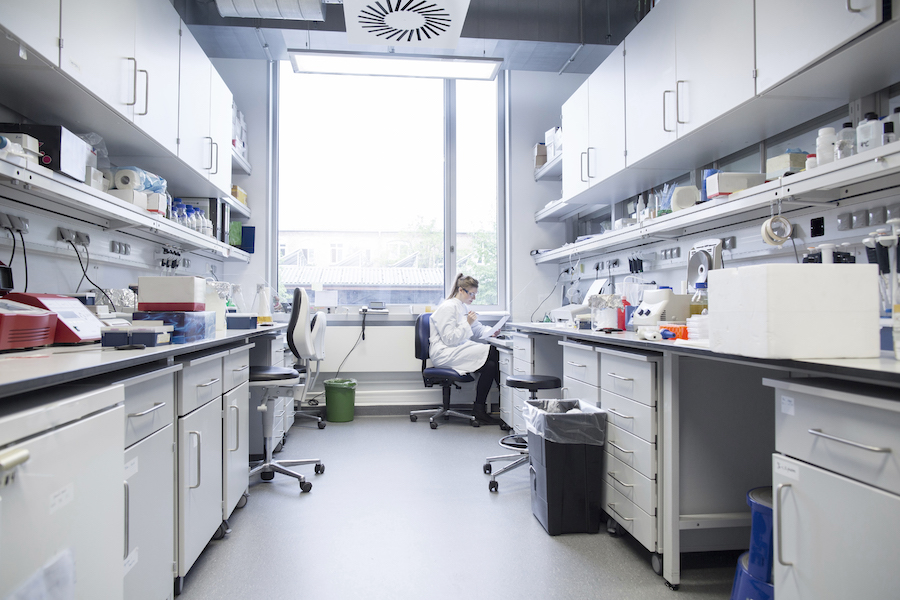Unveiling the Promise of Clinical Trials: Advancing Medicine Through Rigorous Research
Clinical trials stand at the forefront of medical advancements, serving as crucibles where novel treatments are tested, validated, and brought to the forefront of patient care. These carefully designed studies play a pivotal role in advancing our understanding of diseases, exploring new therapies, and shaping the future of healthcare.

A Crucial Phase in Medical Discovery:
Clinical trials are structured research studies conducted with human volunteers to evaluate the safety and efficacy of new treatments, drugs, or interventions. This rigorous testing process is divided into four phases, each serving a distinct purpose in the journey from a scientific concept to a viable medical solution.
- Phase I: Typically involving a small group of healthy volunteers, this phase assesses the safety, dosage, and side effects of a new treatment.
- Phase II: With a larger participant pool, Phase II evaluates the treatment’s effectiveness and further examines its safety.
- Phase III: In this stage, researchers expand their study to include a more extensive and diverse group of participants to confirm the treatment’s efficacy, monitor side effects, and compare it with existing standard treatments.
- Phase IV: Post-approval, this phase involves monitoring the treatment in the real-world setting, gathering additional information on its long-term effectiveness and potential side effects.
Driving Progress in Various Therapeutic Areas:
Clinical trials cover a spectrum of therapeutic areas, addressing conditions ranging from cancer and cardiovascular diseases to infectious diseases, mental health disorders, and rare genetic conditions. Each trial is meticulously designed, taking into account the unique characteristics of the disease and the specific goals of the investigation.
Innovation and Patient-Centricity:
The landscape of clinical trials has evolved, embracing innovations that enhance both the research process and the participant experience. Digital technologies, such as mobile apps, wearable devices, and telemedicine, are being integrated into trials, streamlining data collection, enabling remote monitoring, and providing a more patient-centric approach.
Researchers and sponsors recognize the importance of engaging and involving participants actively. Patient advocacy groups and community outreach initiatives play a vital role in fostering collaboration and ensuring that clinical trials are inclusive and representative of diverse populations.
Challenges and Triumphs:
While clinical trials hold immense promise, they are not without challenges. Patient recruitment, retention, and regulatory complexities often pose hurdles. Ethical considerations and ensuring participant safety remain paramount throughout the process. However, the triumphs far outweigh the challenges. Each successful trial represents a step forward in the fight against diseases, offering hope to those who may benefit from new and improved treatments.
The Global Impact:
Clinical trials are not confined by borders; they are a global endeavor. International collaboration and multi-center trials contribute to a broader understanding of diseases and facilitate the development of treatments that can benefit individuals worldwide.
Looking Ahead:
As we stand on the cusp of unprecedented medical breakthroughs, clinical trials are poised to play an even more significant role in shaping the future of healthcare. From personalized medicine and gene therapies to exploring the microbiome’s influence on health, the possibilities are vast.
By participating in clinical trials, individuals become active contributors to the advancement of medical science. The data collected in these studies not only shapes individual treatment plans but also contributes to the collective knowledge that will guide the healthcare landscape for generations to come.
In essence, clinical trials are the engines of progress, propelling medicine forward and bringing us closer to a future where diseases are better understood, treatments are more effective, and the quality of life for patients is significantly improved. As we celebrate the achievements of the past, we also eagerly anticipate the discoveries that lie ahead on this exciting journey of medical exploration.
